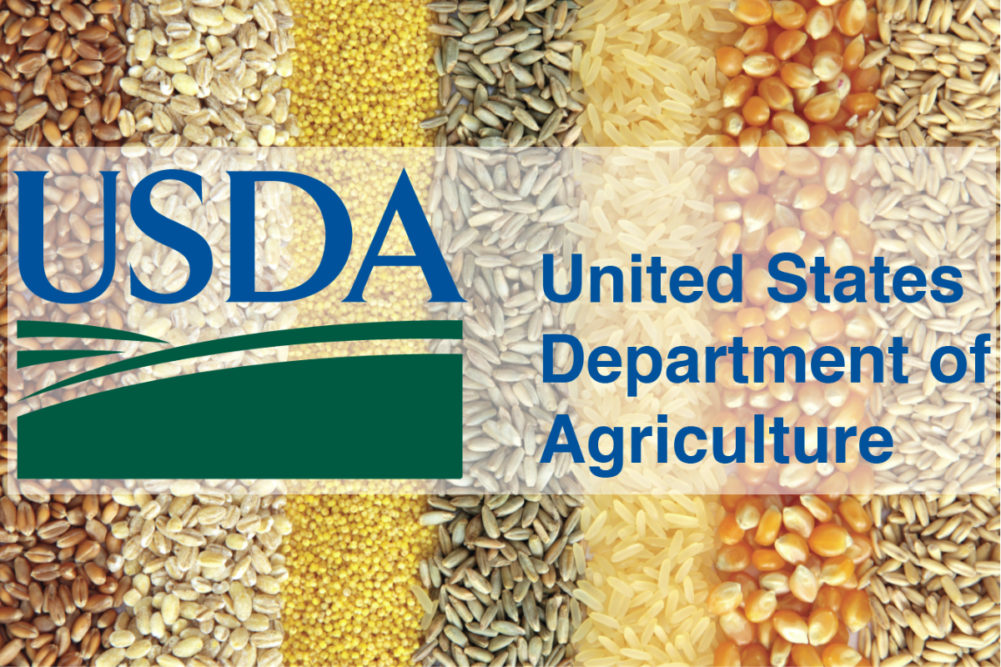WASHINGTON, DC, US – The US Department of Agriculture (USDA), US Agency for International Development (USAID), and US Food and Drug Administration (FDA) are launching the Food Safety for Food Security Partnership, also known as FS4FS. The initiative includes the investment of $15 million over the next five years to support the availability and trade of safe food products to reduce poverty, hunger, and malnutrition in low- and middle-income countries.
“During the U.S.-Africa Leaders’ Summit, many African heads of state reached out to USDA for help in developing science- and risk-based measures and standards to ensure the supply and safety of their countries’ food. Through the Food Safety for Food Security Partnership, we will work together to address these needs, which are vital to ensuring greater access to safe and nutritious food across Africa,” said USDA Foreign Agricultural Service Administrator Daniel Whitley. “Strong food safety delivered through policies and institutions, as well as farmer, consumer and industry readiness, are critical to transforming agri-food systems.”
“As the world continues to face an unprecedented global food crisis, the United States is addressing the root causes of hunger, malnutrition, and poverty. Through the new Food Safety for Food Security partnership, we will build on Feed the Future’s successes and work with countries around the world to increase access to safe and nutritious foods and unlock trade opportunities.” said USAID Bureau of Resilience and Food Security Acting Assistant to the Administrator Dina Esposito.
To improve trade, and food safety and security, FS4FS aims to support the development of sanitary and phytosanitary systems in Feed the Future countries. Through the partnership, longstanding barriers to participation in the food system will be addressed through capacity building.
With this capital investment, the partnership will provide technical assistance, knowledge management and digital tools to strengthen the policy and regulatory environments in participating countries. The collective efforts will help achieve global food security goals by decreasing foodborne illnesses and reducing trade suppression.





